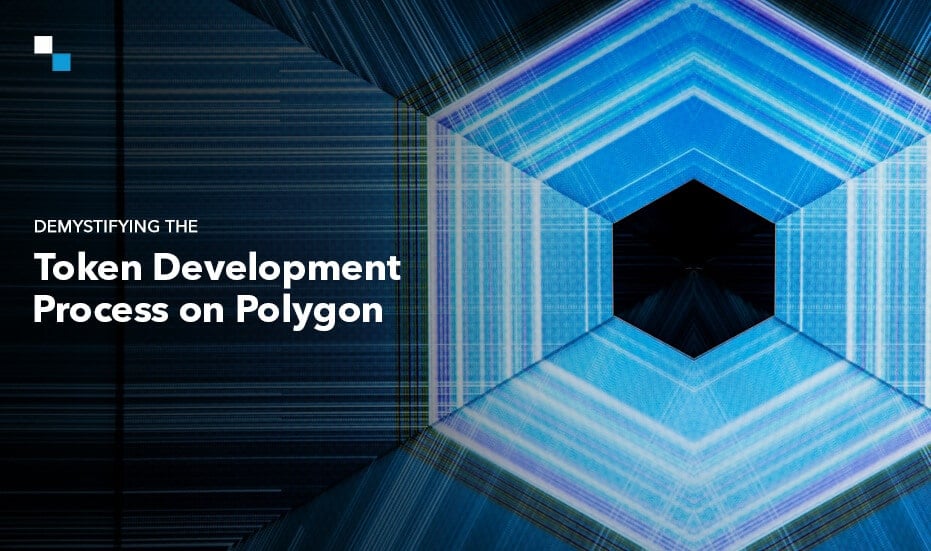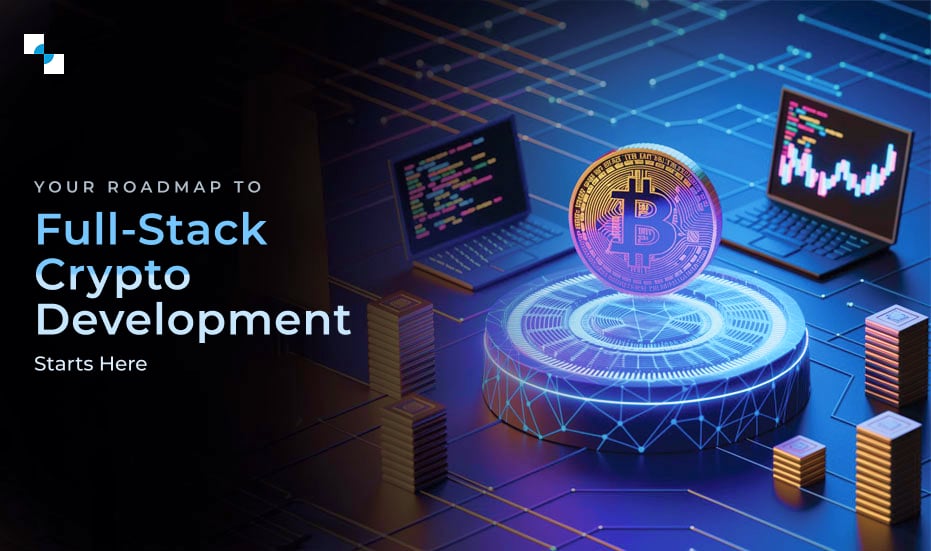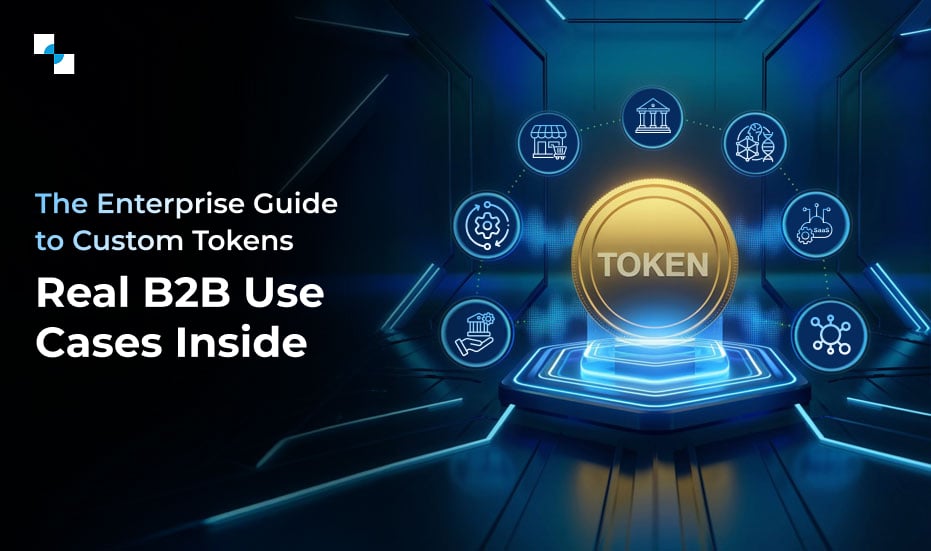Among the various blockchains in the cryptocurrency ecosystem, the polygon blockchain, a renowned layer 2 scaling solution for Ethereum, stands out. It provides improved scalability, cross-chain compatibility and also supports swift and economical transactions. Just as with any other blockchain, Polygon too empowers businesses with the capability to tokenize their asset holdings seamlessly. If you are a trailblazing enterprise owner looking to harness the power of blockchain, then Polygon Token Development is for you Herein, we will unravel all the ins and outs of token creation on Polygon, which will effortlessly open avenues to diverse revenue channels for your business.
The Merits of Using Token Development Services on the Polygon Network
Creating tokens on Polygon can prove to be a strategically advantageous move for businesses in numerous ways.
- Tap into the extensive community
Polygon boasts a massive user base, thus allowing you to optimize the advancement and potency of your crypto project. This platform not only connects you to a plethora of customers, investors, and stakeholders but also offers a greater number of resources, elevating your market reach tremendously.
- Benefit from low-cost transaction fees
One of the predominant catalysts behind the surge in token development within the Polygon environment is the enhanced affordability it offers. Compared to Ethereum, Polygon has reduced transaction costs, making it a coveted blockchain network for building DApps with a cost-effective user interface. Furthermore, as an entrepreneur, this allows you to venture into novel use cases unhindered by fee-related constraints.
- Ensure heightened security
Polygon presents a resilient framework for developing highly secure applications. Utilizing plasma bridges and checkpoints, it connects to the Ethereum main chain, securing both tokenized asset transfers and smart contract operations effectively. Embracing professional polygon-centric token development services easily boosts the potential of your blockchain projects to excel in an increasingly security-conscious market landscape.
Unlock multifaceted business opportunities with polygon token development
Polygon provides a suitable infrastructure for designing innovative solutions related to wide-ranging use cases, such as:
- DeFi (DEX’s, yield farming protocols, lending platforms, etc.)
- Gaming and virtual worlds (blockchain-based games)
- NFT marketplaces (digital art, collectibles, virtual real estate)
- Governance and the DAO’s
- Supply Chain Management
- Identity management systems
- Enables integration of advanced layer 2 scaling solutions
Polygon supports the adoption of next-gen scaling solutions L2, like zk-rollups and optimistic rollups, which are known for enhancing the efficiency and security of transaction processing, especially amidst surges of intense transaction volumes. Thus ensuring exceptional user experiences.
Besides, cheaper transactions are enabled with the implementation of other layer 2 protocols, including Polygon SDK and Polygon POS (Proof of Stake).

Step-by-step procedure for token development on the Polygon blockchain
Experts at a leading token development company make use of smart contracts for creating Polygon tokens.
Though the process flow may vary for different projects, here is how they typically proceed with the stepwise process for token development:
1. Define the tokenization motive and use case
First, you have to define the intent for token generation, token functionality, supply, distribution mechanism, and governance protocol. Then, choose the token standard that aligns with the specific use case. Remember that while the ERC-721 standard is used for non-fungible tokens, the ERC-20 token is utilized for fungible tokens.
2. Establish a connection with the Polygon Network
The second step involves connecting to Polygon’s ecosystem using wallets compatible with Ethereum or browser extensions such as MetaMask.
3. Create smart contracts
Smart contracts are written with the programming language Solidify. Make sure you detail precisely all the valid contract specifications, for instance, token logic, name, symbol, ownership, and any project-specific additional features or tokenomics-related information.
Note that the smart contracts must adhere to the prevailing norms and industry standards.
4. Conduct a vulnerability assessment of the contract script
Before deploying smart contracts onto the Polygon network, it is essential to conduct testing and auditing procedures thoroughly. The testing process entails the use of specialized testnet setups.
This helps to verify resilience in the face of potential security threats. When you seek assistance from an expert token development services provider, they will conscientiously work towards identifying and resolving even the most latent vulnerabilities. Hence, conforming the correct execution of your smart contracts.
5. Finally, deploy the token contracts on the Polygon mainnet
Following testing and auditing, the next step is to opt for a deployment framework or tool for the compilation and implementation of smart contracts on the blockchain.
Common IDEs (Integrated Development Environments) that blockchain mavens use at an experienced token development company are as follows:
- Truffle Suite
- Visual Studio Code (VS Code)
- Hardhat
- Remix IDE, etc.
Besides, details the network configurations as well as the custom RPC (Remote Procedure Call) endpoints to further optimize the token deployment process.
6. Introduce your token project to the Polygon community
After the tokens are successfully deployed, it’s time to officially announce the launch of your project to the crypto community.
A comprehensive marketing strategy will be critical for effective promotion. Actively engaging with the audience through diverse social media platforms and online discussion forums are some of the many market outreach efforts that will bolster the prospects of your project’s success. You should also aim to create genuine excitement around your venture by using incentive-driven promotion.
7. Prioritize ongoing user assistance
Following the launch phase, you must direct your attention to resolving user concerns, mitigating any sudden glitches that may arise, and enacting vital updates or enhancements to maximize user satisfaction.
Not everyone has the technical proficiency required to tackle the varied challenges that may surface during the token development process, which is why depending on qualified professionals is best.
Final Thoughts
So, are you ready to maximize your success in a decentralized world? Partner with Antier. We are a top-rated token development company that has helped many businesses build cutting-edge solutions over the Polygon ecosystem. Our crew comprises seasoned blockchain specialists who possess unrivaled expertise in developing feature-laden and configurable tokens leveraging the Polygon network. Rest assured, when you rely on us, we will ensure the complete potential of your token project is realized. Get in contact with us today to avail of our robust and efficiently priced polygon-based token engineering services.







